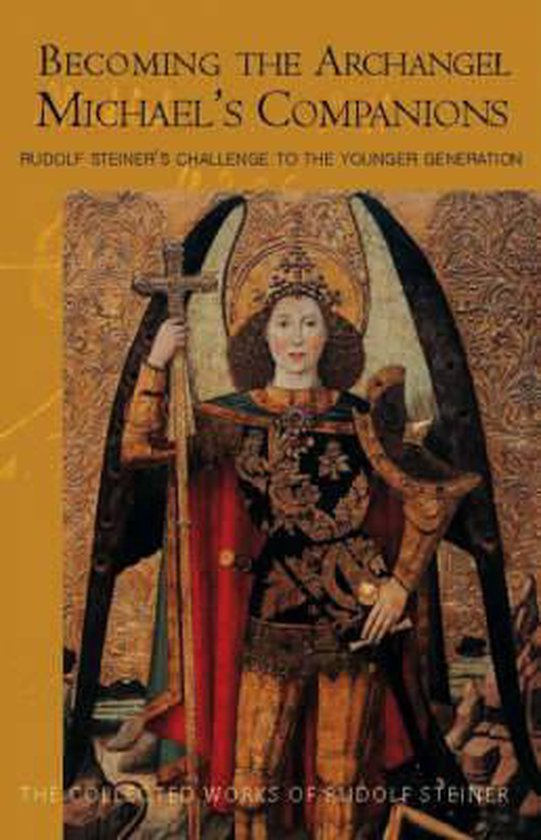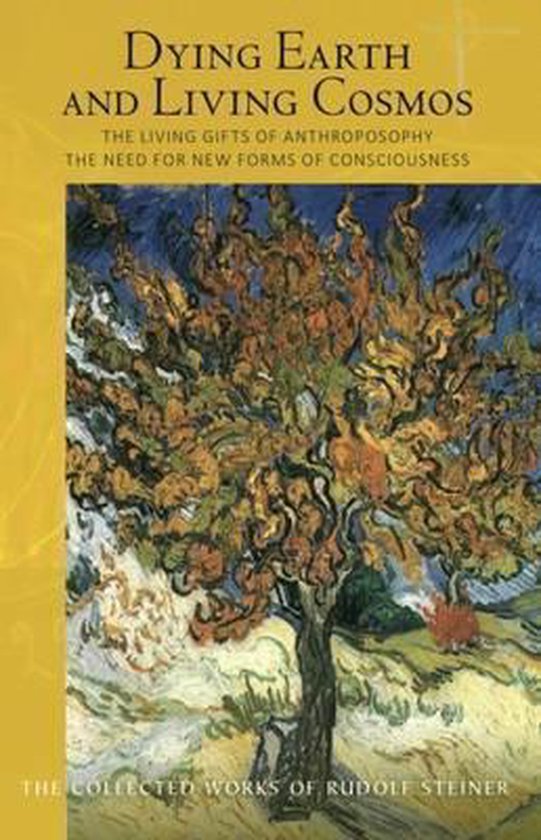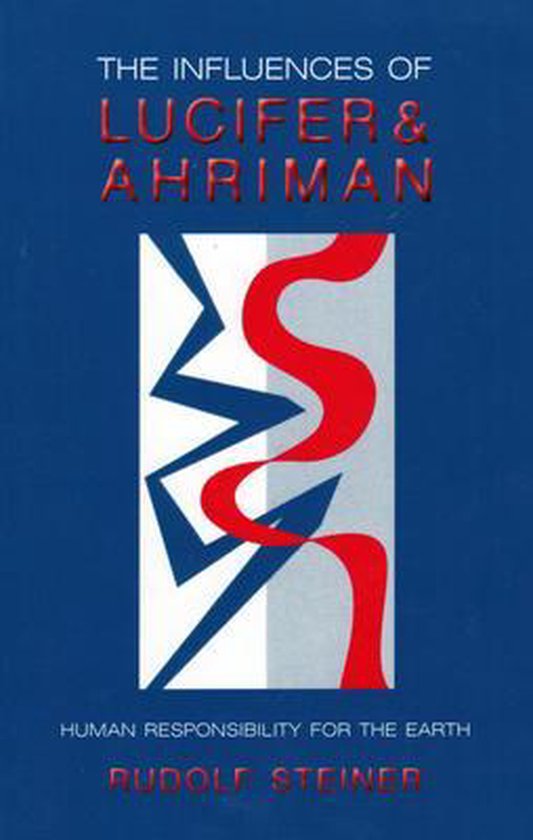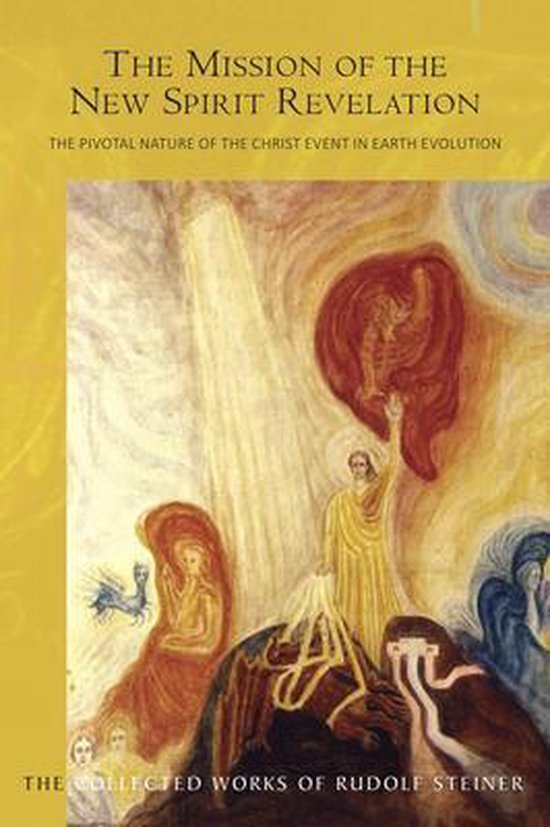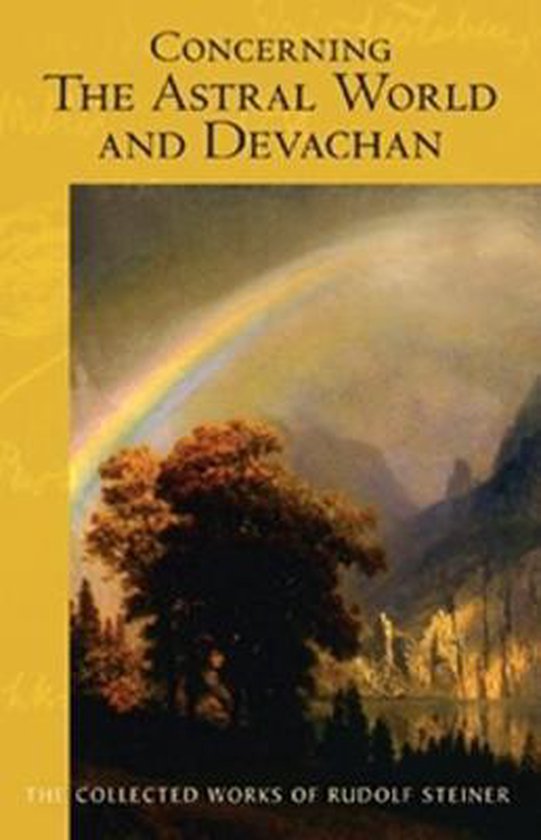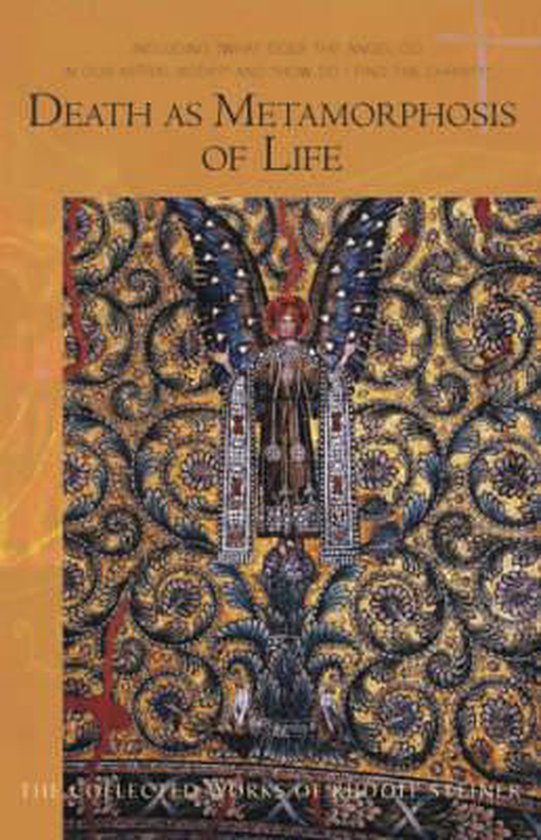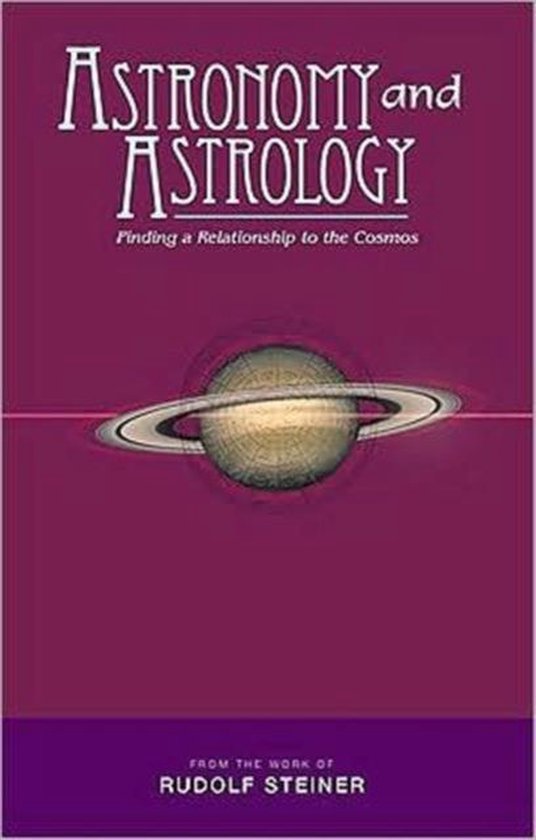
Astronomy and Astrology
In the Middle Ages, Astronomia - one of the Seven Liberal Arts - was as much about astrology as astronomy. In fact the two disciplines only parted company in the seventeenth century, as the materialistic world-view gained greater prominence. Where once human destiny was connected to stars and planets, and spiritual or soul qualities were associated with the natural world, now the cosmos was seen as consisting of gases, fire and dead rock. Rudolf Steiner brings a new spiritual perspective to our study of the heavens. Humanity, he says, is intimately connected to cosmic beings, who in turn are related to planets and stars. There is meaning in the cosmos. Although Steiner rejects the simplistic notion of the planets determining our lives and behaviour, he makes a clear connection between the heavenly bodies and human beings. Whilst criticizing the superficial nature of much astrology, Steiner shows that as individuals, and with the guidance of spiritual beings, we choose an appropriate time of birth to match the destiny we are to live. This enlightening anthology, expertly collated by Margaret Jonas, features excerpts of Steiner's work on the spiritual individualities of the planets, the determination of human characteristics by the constellation at birth, the cultural epochs and the passage of the equinox, cosmic influences on the individual and humanity, life in the planetary spheres between death and rebirth, solar and lunar eclipses, comets, and much more.
| Auteur | | Rudolf Steiner |
| Taal | | Engels |
| Type | | Paperback |
| Categorie | | Religie, Spiritualiteit & Filosofie |
